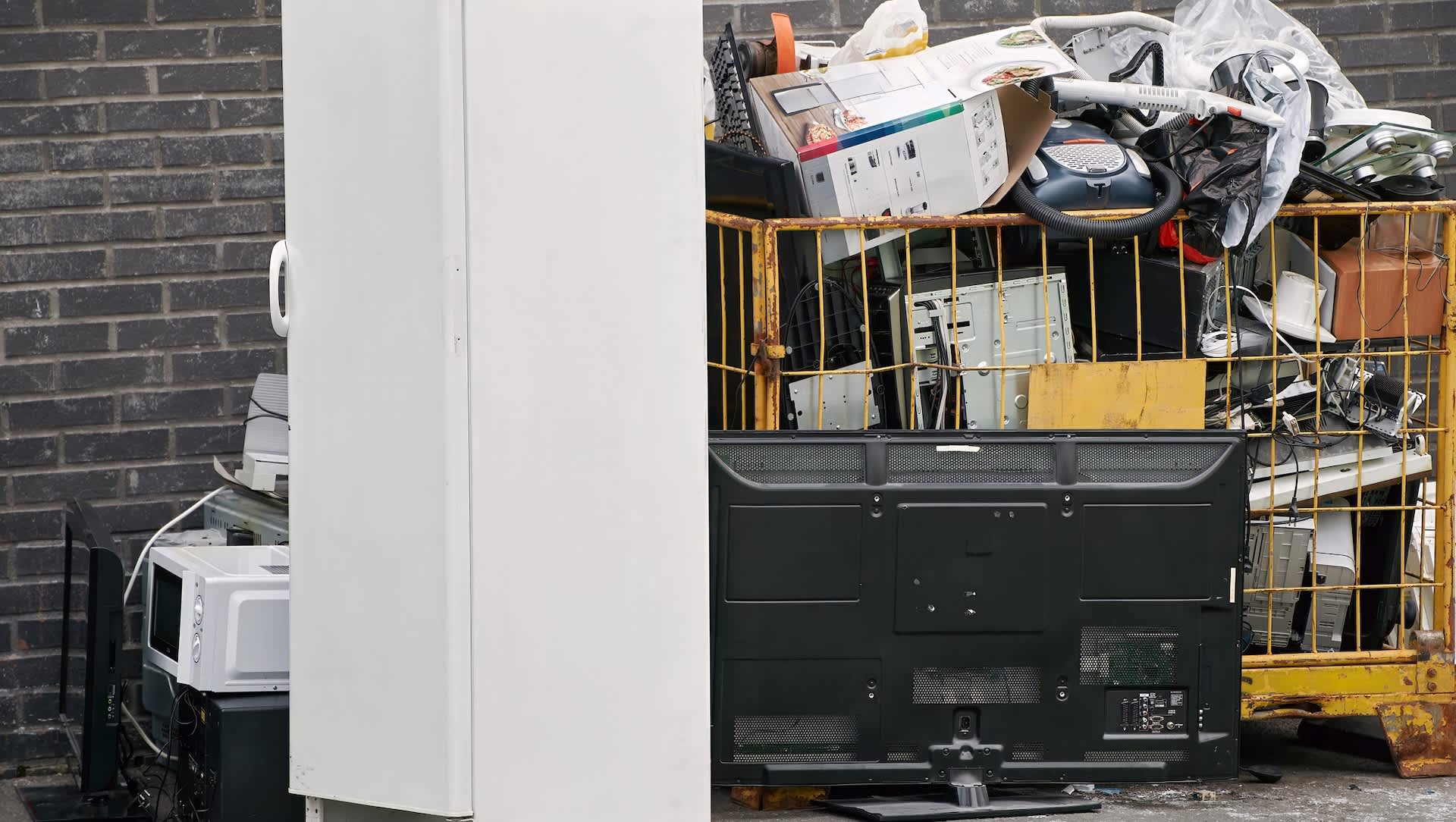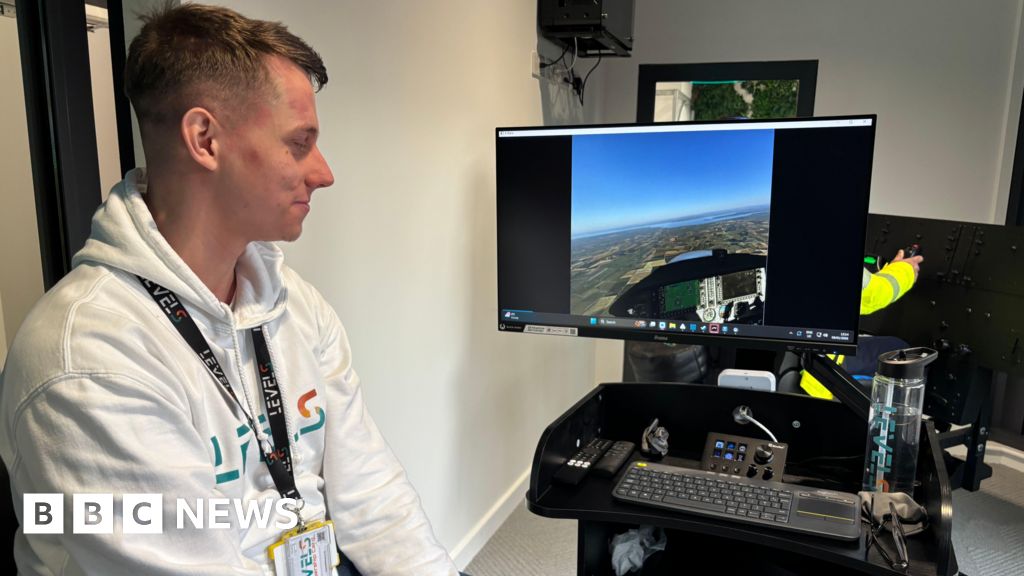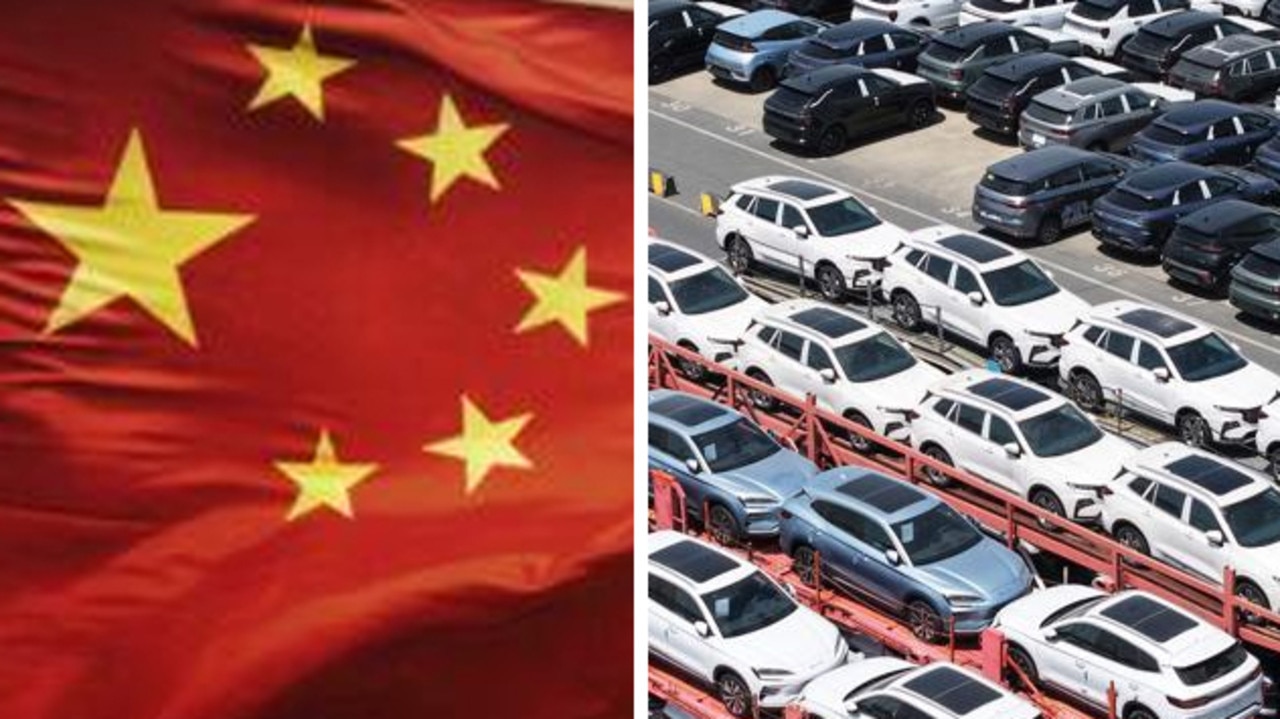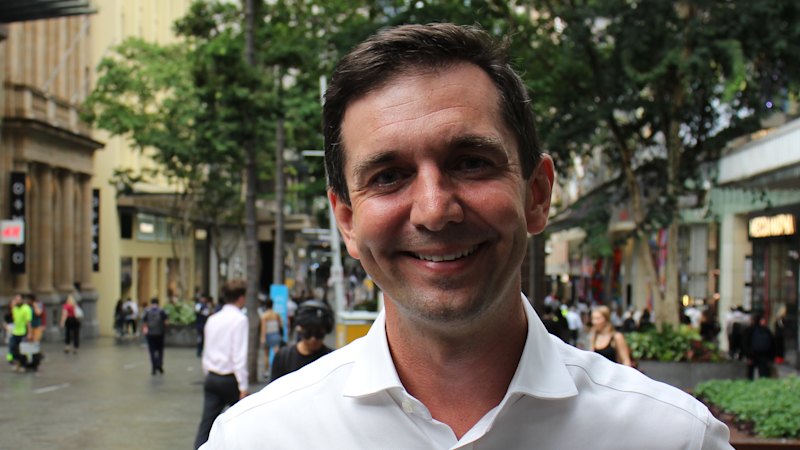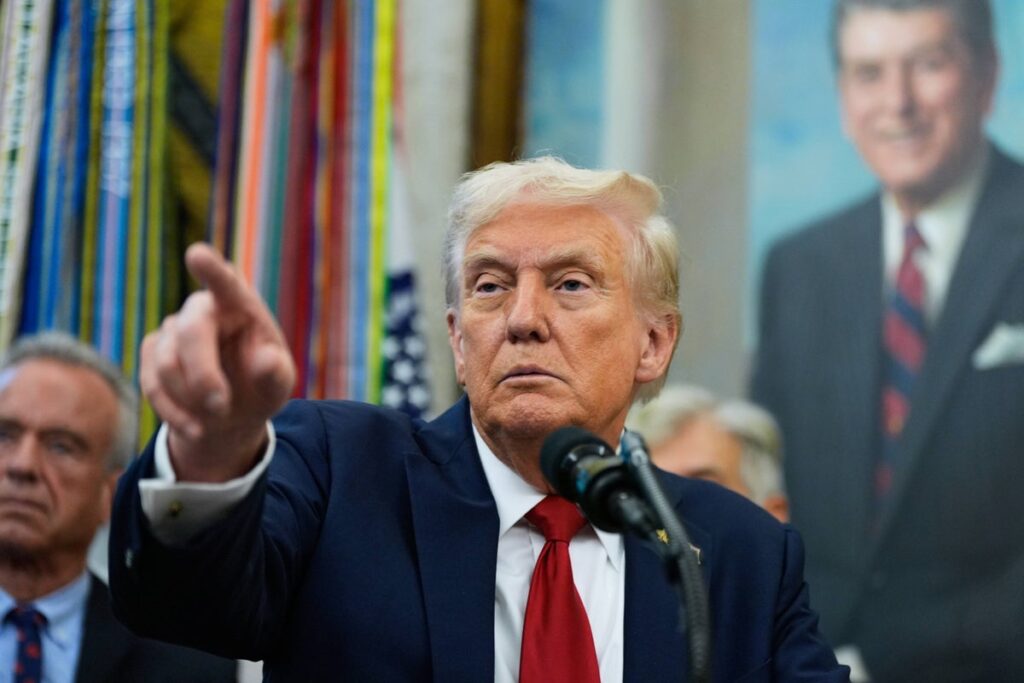
Democrats are considering launching an investigation into President Donald Trump’s repeated assertions that a staggering $17 trillion in foreign and domestic investment has flowed into the United States during his administration. This claim, touted by Trump as a result of companies expanding operations or relocating to the U.S. following his imposition of global tariffs, has prompted skepticism and demands for transparency from lawmakers.
Rep. Robert Garcia, the leading Democrat on the House Oversight Committee, expressed his disbelief in an interview with MeidasTouch, stating, “Donald Trump is living in a fantasy world. If there is $17 trillion somewhere, the government doesn’t know about it. None of our committees have access to it. Treasury has no idea what the hell he’s talking about. He’s either a liar, or he’s somehow stashed away money in some magical way, and there’s even more corruption happening.”
Democratic Concerns and Criticisms
Garcia’s concerns are echoed by other Democratic lawmakers, including Rep. Eric Swalwell, who questioned the validity of Trump’s claims in a post on X, formerly known as Twitter. “WHY are we in a shutdown?” Swalwell wrote. “Trump says the US has taken in $17 Trillion since he became president. Where is the money? Why haven’t you gotten a check?”
The White House, however, has dismissed these criticisms. Kush Desai, a spokesman for the administration, responded to The Independent, stating, “This is astonishingly stupid even for a Democrat. Instead of calling on the federal government to somehow expropriate trillions in investment commitments by private companies to make and hire in America, Robert Garcia should tell Senate Democrats to just reopen the government.”
Trump’s Investment Claims Under Scrutiny
President Trump has consistently mentioned the $17 trillion figure in recent speeches. Addressing the United Nations last month, he claimed, “In just eight months since I took office, we have secured commitments and money already paid for $17 trillion. Think of it. Four years less than a trillion, eight months much more than $17 trillion is being invested in the United States. And it’s now pouring in from all parts of the world.”
However, these statements appear to conflict with the White House’s own estimates, which suggest that the actual amount of investments and commitments under Trump is closer to $8.8 trillion. This discrepancy has raised questions about the accuracy of the president’s figures and the sources of his information.
Historical Context and Expert Opinions
Historically, claims of such large-scale investment influxes are rare and often scrutinized for accuracy. Experts in economic policy and international trade have pointed out that while tariffs can influence investment decisions, the scale of $17 trillion is unprecedented and requires substantial evidence.
According to Dr. Emily Carter, an economist at the Brookings Institution, “While tariffs can create a favorable environment for certain industries, they also have the potential to disrupt trade relationships and economic stability. The figure of $17 trillion is exceptionally high and would need to be substantiated with concrete data.”
Implications and Future Actions
The ongoing debate over the validity of Trump’s investment claims could have significant implications for both domestic policy and international relations. If Democrats proceed with an investigation, it may lead to increased scrutiny of the administration’s economic policies and their impact on the U.S. economy.
As lawmakers continue to question the president’s assertions, the demand for transparency and accountability is likely to grow. The outcome of this controversy could shape future discussions on economic strategy and the role of government oversight in verifying such claims.
For now, the political and economic communities await further clarification from the White House, as the implications of these investment claims remain a topic of intense debate and scrutiny.

